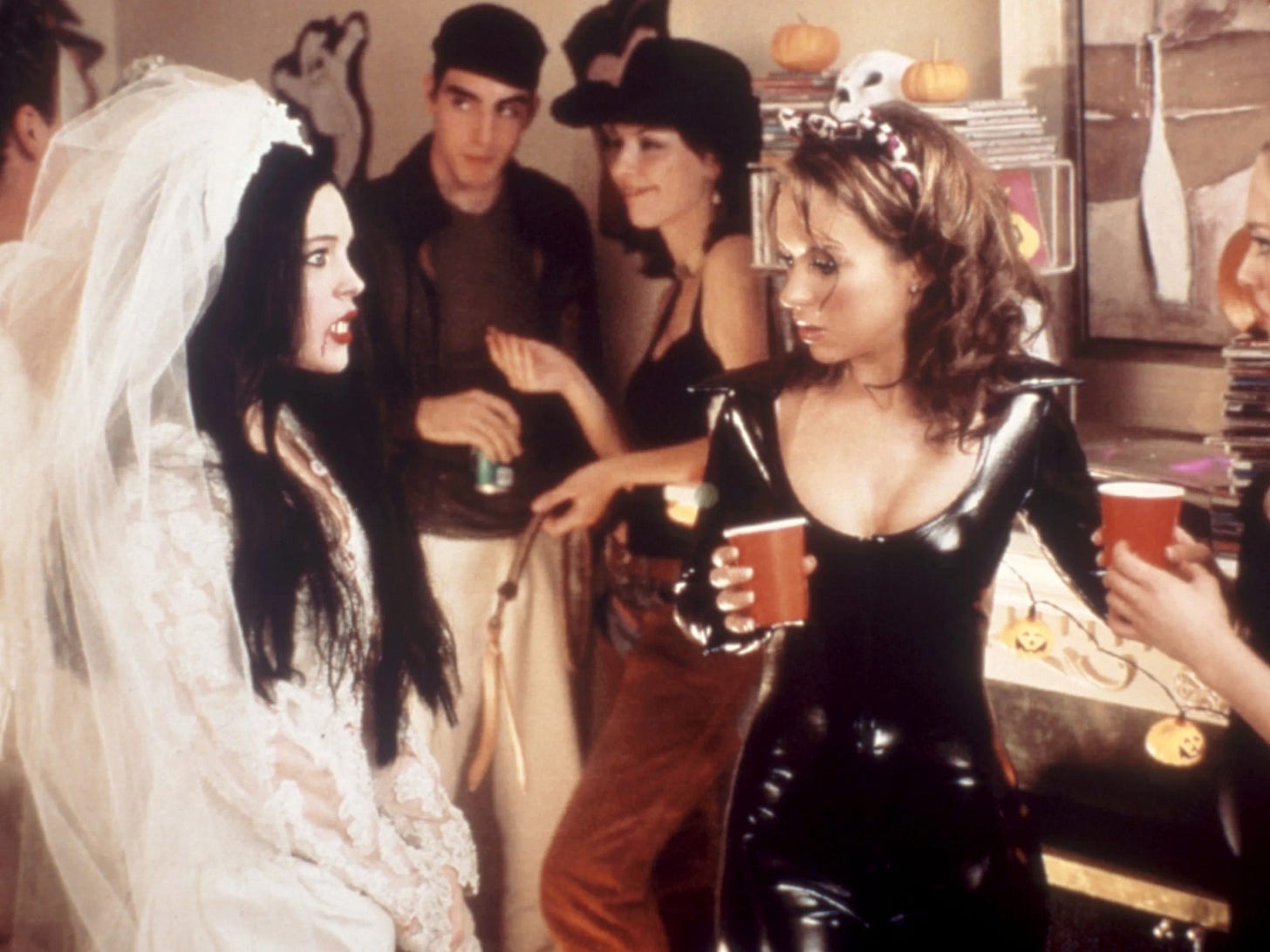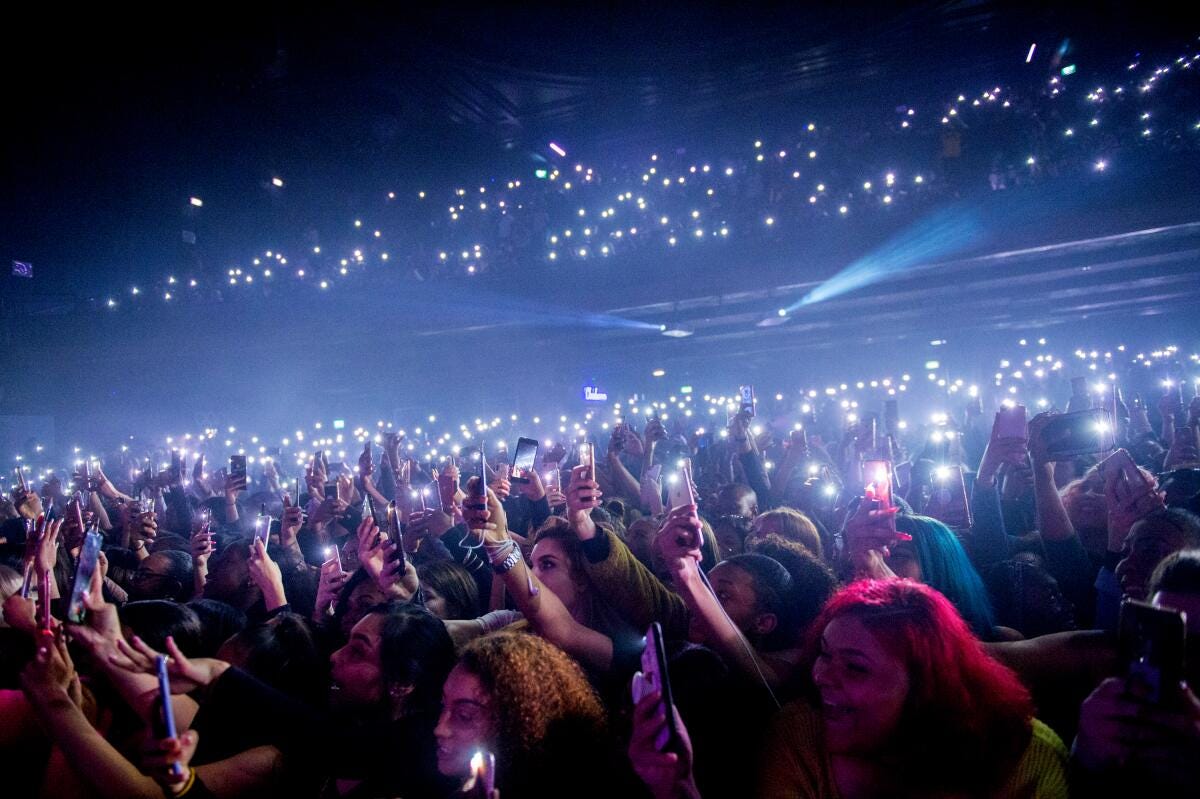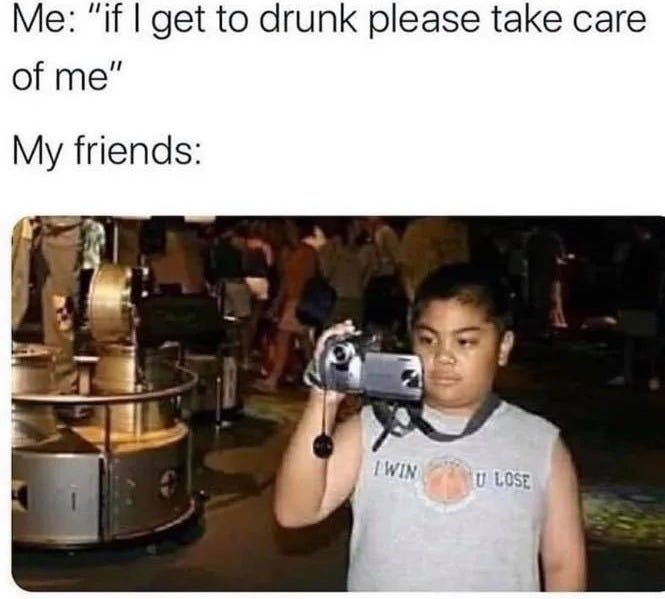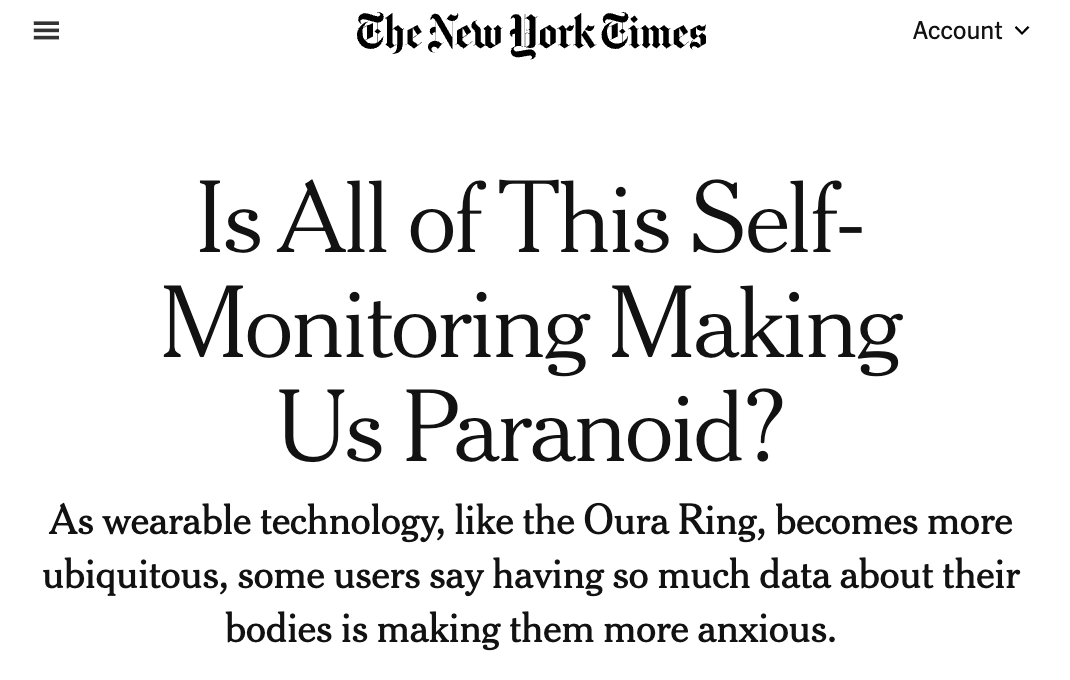Welcome to the latest edition of The Gen Zer. This week, we discuss partying, sobriety, and the rise of health-focused behaviours amongst young people. We also take a look at ‘micro-shifts’, financial advice, and more . . .
I awoke to the sound of blaring fire alarms, a home invasion, and a construction crew digging up the pavement outside. Wiping sleep from my eyes, it turned out that the fire alarm was my bedside clock, the invasion was my roommate banging on my door to check for signs of life, and the pounding I heard was actually coming from inside my head.
The Sunday morning hangover had arrived with a bang.
I looked around and was met with evidence of last night’s epic party. The room was dotted with overflowing ashtrays, knocked over beer pong cups, and a Jenga-like tower of pizza crusts. Only slightly more worrying was the trail of clothing leading up to the stranger sleeping beside me.
Memories of the night were few and far between, and trying to recollect them required painful brain functions I simply did not have. Meeting my flatmates in the kitchen to munch on leftover crisps and much-needed coffee, we began our weekend ritual of piecing together the night’s events. Like every post-party recap, the details were thin on the ground – we only remembered the funniest, wildest moments. And if anything embarrassing happened, there was certainly no proof of it.
Of course there wasn’t… the year was 2004.
Fast forward two decades and young people still have that same desire for freedom and fun times, but a new set of external influences have irrevocably transformed their experience.
These new circumstances are most evident when observing members of Gen Z – those born between the late 1990s and early 2010s – who are noticeably rejecting vices once seen as rites of passage. Drinking? No thanks. Smoking? Declining. One-night stands? Rarer than ever before. These shifts are baffling researchers and parents who can’t help but ask: whatever happened to being young, wild, and free?
The answer might be staring us right in the face… literally. Technology has no doubt influenced Gen Z’s coming of age, but it is also changing young people’s relationship with risk and indulgence. With our devices holding up a mirror to all of our actions, we’re presented with the daily opportunity to observe and judge our own behaviours. Throw in social media and these experiences have potential to be publicly magnified. For many, this reality is a motivating force to make better lifestyle choices.
While this isn’t really a bad thing on paper, does that mean young generations – especially teens – are missing out on truly living?
No matter how embarrassing, iconic, trivial, or momentous their experiences, generations of the past experienced their teens and twenties in isolation. Losing touch with old friends would mean stupid decisions could fade into obscurity, written over by newer, more well-thought out ones as the years go by.
But today, every second of our lives has the potential to be recorded, relived, and posted online. The possibility of an unflattering or socially damaging video surfacing online has dialled down the appeal of out-of-control behaviour.
Documenting our lives through social media has also inadvertently granted these platforms the power to decide which kinds of lifestyles are most valuable. Digital algorithms, especially those on Instagram and TikTok, are notorious for rewarding only the most curated and polished depictions of life. Sloppy, alcohol-fuelled antics don’t fit this bill.
If idealised lifestyles receive the most attention online and yield the biggest rewards offline (think of the countless influencers who have monetised their everyday routines) it’s no surprise that young audiences consider ‘clean girl,’ ‘gym bro,’ and ‘sober curious’ paths as most aspirational.
But beyond social media, there’s another catalyst causing this shift: information. Smartphones and wearable tech have gifted young people access to an insane amount of knowledge about themselves, in particular when it comes to their health and well-being.
Biotech apps and devices, wellness creators, and fitness influencers have brought discussions about mental health, addiction, and physical well-being into centre stage. And while health warnings on cigarette packs might go overlooked, a viral TikTok about the long-term effects of smoking, drinking, or unhealthy eating is more than likely to make an impression.
For many, the dark side of consuming alcohol has surpassed any of its perceived social benefits. Data insights from wearable tech can reveal the negative health impact of even one or two drinks, including elevated heart rate and disrupted sleeping patterns, while long-term use results in two things Gen Z fears most: rapid ageing and deteriorated health. It shouldn’t be surprising then, that more and more young people are proudly labelling themselves ‘sober-curious’.
Finally, and perhaps most importantly, Gen Z doesn’t consider it ‘lame’ to prioritise personal health. Swapping cocktails for an adaptogen drink or gut-healthy beverage while socialising with friends is the new norm. Nights spent dancing at the bar are being replaced by kickbacks, where young people are free to pick their own music, watch YouTube videos, and tune into livestreams in their own personal spaces. For a generation that puts their personal tastes and well-being first, dingy pubs and tomorrow’s hangovers are only barriers to long-term progress.
Finally, we have to talk about sex. Once seen as the ultimate taboo topic, sex is no longer some mysterious, off-limits part of young life. Growing up overwhelmed by hypersexual media, dating apps, and rampant hookup culture, many young people have grown concerned about missing out on the chance to build real, meaningful connections.
Instead of rejecting intimacy altogether, young people are being intentional with who they connect with, striving for genuine relationships and romance. Open discussions about consent and personal boundaries have caused young people to rethink how sex fits into their lives and whether it’s truly something they want, rather than something that’s expected.
Is this really surprising for a generation that grew up witnessing the rise of twerking, in tandem with the #MeToo era?
While a drop in smoking, drinking, and irresponsible casual sex don’t exactly spell out negative trends, the forces driving them should spark our attention – especially because Gen Z’s retreat from traditional vices doesn’t mean they’re vice-free.
Social media is extremely addictive too and, for many, hours scrolling TikTok has replaced time socialising in real life. The ultra-curated aspect of social media is known to foster a damaging perfectionism in young people. Evidence that social media is a source of anxiety, depression, negative body image and poor self-esteem in young people only continues to grow.
And while a rise in health consciousness is great, constantly tracking every element of our existence – from heart rates, daily step counts, and sleep quality – can create unhealthy fixations on our wellbeing. Towing the line between healthy and obsessive can be a difficult one.
Although Gen Z has the same desires to be as fun, free, and alive as the generations that came before them, challenging the status quo has resulted in them adopting many positive behaviours not typically associated with youth.
It’s caused their elders to ask, worryingly: are the kids truly living?
Following their true nature, the way Gen Z interprets this question and how they answer it will be vastly different. Of course that’s the case… the year isn’t 2004 anymore.
See also:
Gen Z around the Web
the latest stories in youth culture and changing trends . . .
Gen Z loves a freaky little accessory (in style)
What can only be described as "emotional support charms" are becoming all the rage. Cutesy, creepy, and fuzzy friends are being looped on belts, draped on bags, and even worn as jewellery, creating a look that's meant to startle onlookers, and soothe the wearer. Why might an adult woman hang a collectible gremlin from her designer bag? The answer is part security blanket, part jump scare. Read more
‘Micro-shifts’: Gen Z sets another workplace trend in 2025 (forbes)
Gen Z is rewriting shift work in an emerging trend known as “micro-shifts.” According to the report, micro-shifts are flexible, short (six hours or less) shifts towards more flexible work arrangements, allowing workers to balance responsibilities such as caregiving, education or multiple jobs. Micro-shifts tap into an underutilised pool of talent by challenging traditional employer-employee relationships. Read more
Gen Z trusts social media financial advice more than any other generation (inc)
Nearly 70 percent of Gen Zers admit to being influenced by a financial trend they discovered online, according to a recent survey by the banking app Spruce. Only 51 percent of Millennials and 27 percent of Gen X respondents said the same. One-third of Gen Zers take this even further, looking to social media for financial education. Another survey estimates an even higher number, with 72 percent of Gen Z respondents said they go to social media and the internet for financial advice, compared with 57 percent of Millennials and 38 percent of Gen X. Read more
‘Locking in’ trend encourages hyperfocus away from smartphones (the times)
There is an online trend encouraging young people to “lock in” and concentrate on a goal. Use of the phrase has come to characterise an intense state of hyperfocus where anything perceived as a negative distraction — such as social media or alcohol — is sacrificed until a goal is reached. Videos show Gen Z boasting about “locking in” on a specific objective such as passing an exam, making progress in a career, earning money or getting healthier. The time period for “locking in” can range from hours to a year, while the phrase is distinguished by its all or nothing and tough love approach. Read more
That’s all for this week! Make sure to subscribe for the latest on Gen Z and youth culture, and check out The Common Thred for a weekly roundup of the latest news, trends and thought pieces.
Peace out!! 🌟











incredibly read- great points but a bit sad in the end...growing up with mistakes feels natural and an experience- imagine growing up with no tales to tell your grandkids!